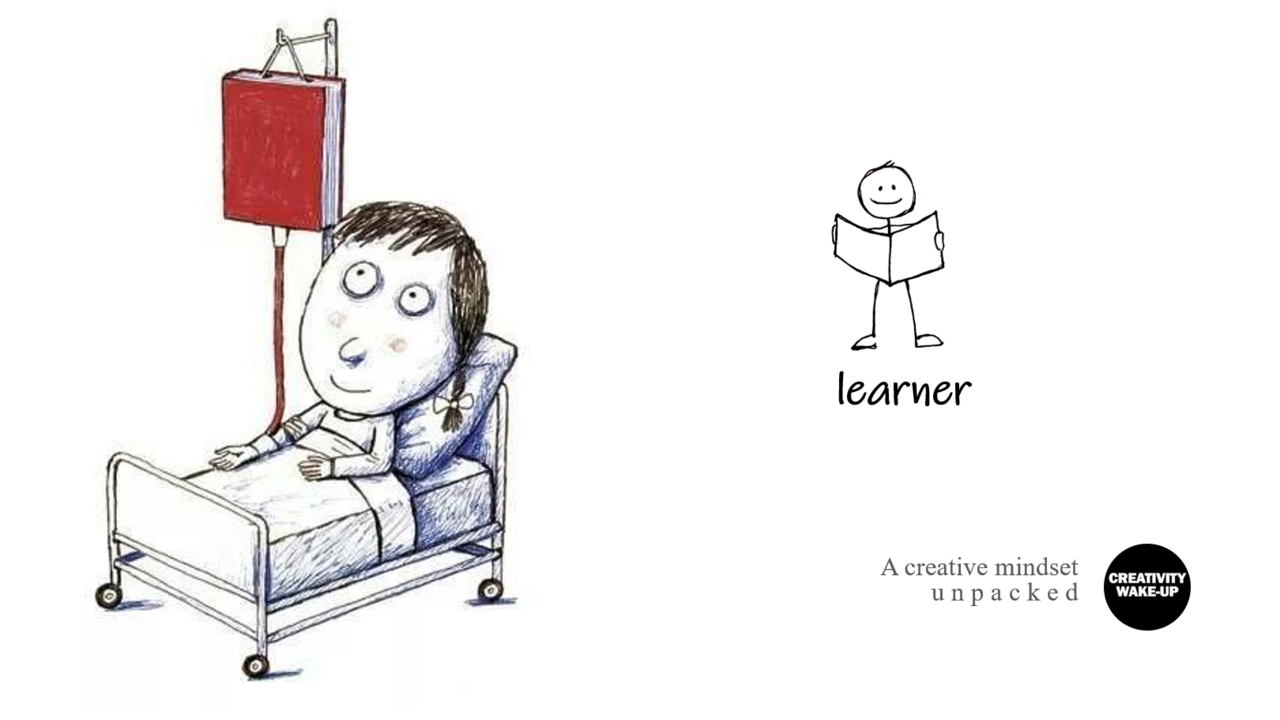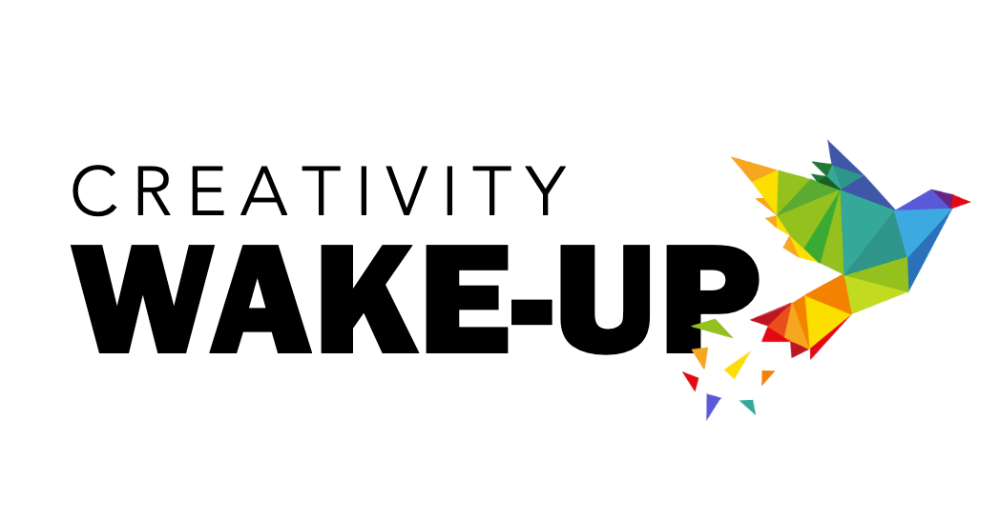The Creative Mindset: Learner

To nurture a creative mindset, become a lifelong learner. Here's how:
1) Prioritise learning. Put it in your calendar!
One way to assess your mindset is to think about how much you value learning. Creative thinkers love to learn and prioritise learning. I'm not talking about you saying: "Yes, learning is important. I believe in lifelong learning."
I mean, if I came and analysed your calendar or watched you for a week, would I see you learning? Would I see you setting aside time and putting effort into learning new skills, reading books, talking to people to learn from them (and listening!)? Would I see you going beyond your domain and learning seemingly unrelated skills, reading about different industries, reading books from different countries, investing time in learning a language or a creative art?
Do you learn by doing or do you tend towards cerebral learning, keeping it in all as knowledge or theories in your head? We really learn when we put something into action and find out what doesn't work. Pablo Picasso famously said: "I am always doing that which I cannot do, in order that I may learn how to do it." If you would like to foster a more creative mindset, dial up your curiosity and take action to stretch yourself and learn.
2) Branch out and read different types of books
Think about your diet of books. My mum always says: you need to have all the colours on your plate! Is your reading platter bland or do you spice and mix it up with books from a variety of genres, centuries, countries, political views? "What an astonishing thing a book is. It's a flat object made from a tree with flexible parts on which are imprinted lots of funny dark squiggles. But one glance at it and you're inside the mind of another person, maybe somebody dead for thousands of years.
Across the millennia, an author is speaking clearly and silently inside your head, directly to you. Writing is perhaps the greatest of human inventions, binding together people who never knew each other, citizens of distant epochs. Books break the shackles of time. A book is proof that humans are capable of working magic." ~ Carl Sagan So read read read. To grow your creativity, nurture a daily reading habit and step out your comfort zone with your choice of books.
3) Get excited and happy about what you are learning
Have you ever hated or feared a particular subject matter that you had to learn and then you've struggled to comprend it or remember what you learned of it, just as you feared? Perhaps it was a new computer system at work or a subject at school? Well, emotions play an important part in your learning. When we feel joy or excitement about our learning, research shows that this has a positive impoact on learning.
Neuroscientists have found that positive emotions increase our attention which helps us to focus. Our emotions also activate our amygdala, which in tern alerts our hippocampus that the material is important and should be encoded as memory. Emotion is the 'E' in the AGES model designed by the NeuroLeadership Institute which outlines four ingredients for successful learning. https://neuroleadership.com/your-brain-at-work/ages-model-for-learning



